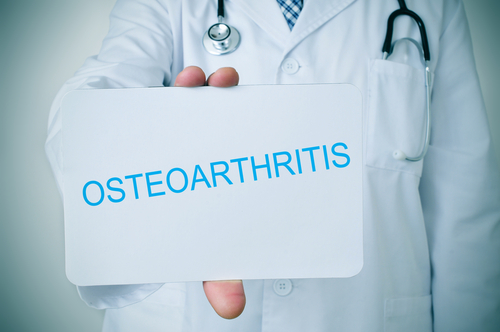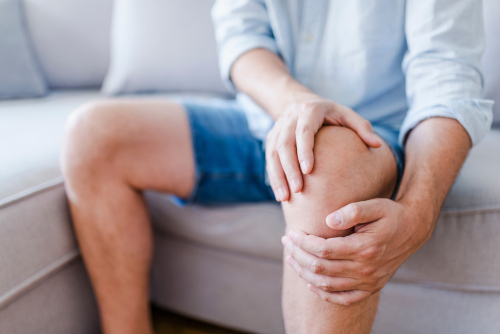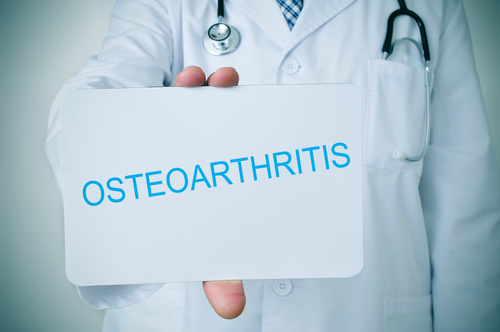
For joint and back pain, a patient might decide that taking opioids are a better option for relief. However, according to a study published in JAMA Network, using opioid medications versus nonopioid medications did not improve pain-related function in people with long-term back pain, or osteoarthritis of their hips or knees.
Of the original 265 patients enrolled in the study, 25 withdrew prior to randomization and 240 were randomized. All enrolled patients had moderate to severe chronic back pain or hip or knee osteoarthritis pain, despite analgesic use. Patients were recruited from Veterans Affairs primary care clinics from June 2013 through December 2015; follow up was done a year later in December 2016.
Opioid drugs are no better than standard painkillers for long-term back and joint pain.
"Medication should be considered within a multidisciplinary context, alongside supported self-management." Lesley Colvin, Prof. of Pain Medicine, University of Dundee https://t.co/8p13vjMOq6— NIHR Evidence (@NIHRevidence) July 10, 2018
Are Opioid drugs better than standard painkillers for long-term back and #jointpain? https://t.co/8p13vjMOq6
— NIHR Evidence (@NIHRevidence) July 6, 2018
According to the study, both interventions (opioid and nonopioid medication therapy) followed a treat-to-target strategy aiming for improved pain and function. The first step was immediate-release morphine, oxycodone, or hydrocodone/acetaminophen in the opioid group. For the nonopioid group, the first step was acetaminophen (paracetamol) or a nonsteroidal anti-inflammatory drug. Depending on how the patients responded, medications were changed, added, or adjusted; any changes in medications still stayed within the assigned treatment group.
Important (and delighted to be in bid development with Prof Roger Knaggs and @ErrorgirlBlog ) https://t.co/NSwjOdiCJX
— Elaine Wainwright (@dr_wainwright) July 9, 2018
@BritishPainSoc proud that our Hon Secretary Prof Roger Knaggs and my co-Edtor of #BritJPain is a champion for the selective use of #opioids for persistent non-malignant pain @BPSPainEduSIG @FacultyPainMed @MHRAmedicines https://t.co/K0kDO6NszH
— Felicia Cox FRCN 💙 💛 (@FeliciaJCox) July 8, 2018
“Treatment with opioids was not superior to treatment with nonopioid medications for improving pain-related function over 12 months,” the researchers concluded. “Results do not support initiation of opioid therapy for moderate to severe chronic back pain or hip or knee osteoarthritis pain.”
For more information on ways to improve patients’ quality of life with rheumatic diseases, check out a recent article on dietary recommendations for patients with psoriasis and psoriatic arthritis.
SOURCE: National Institute for Health Research, JAMA Network







 © 2025 Mashup Media, LLC, a Formedics Property. All Rights Reserved.
© 2025 Mashup Media, LLC, a Formedics Property. All Rights Reserved.